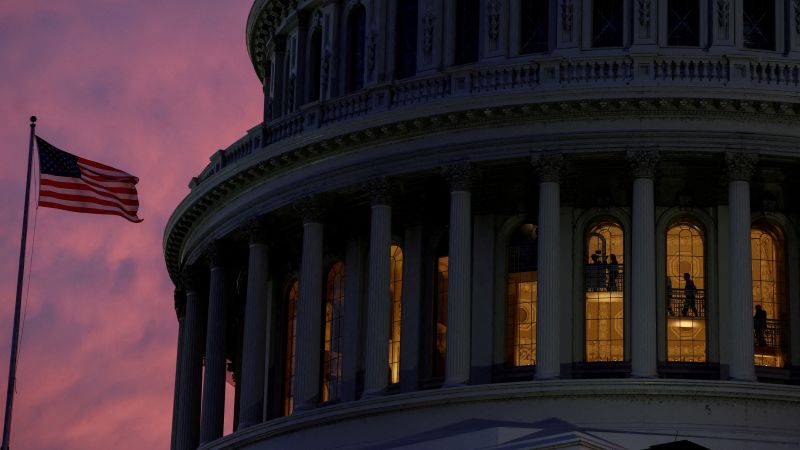A version of this story appeared in CNN’s What Matters newsletter. To get it in your inbox, sign up for free here.
The immediate, unanswered question facing the US government is which Republican lawmaker can untie this knot, unite their party and reopen the House of Representatives.
The larger issue that may be even more difficult for Republicans to solve is figuring out what they even stand for at this point. Is it the party of limited government or the party that can’t figure out how to govern?
Tuesday marks three full weeks without a House speaker and 24 days until the government runs out of money, to say nothing of aid packages many lawmakers want for Israel and Ukraine.
No legislation can move until lawmakers select a speaker, and they’re way beyond a Goldilocks search for just the right candidate.
► A small minority was able to fire Rep. Kevin McCarthy (for being too willing to rely on Democrats to avoid a government shutdown).
► Rep. Steve Scalise ended his campaign early (he was too unwilling to make concessions to secure votes among holdouts).
► Rep. Jim Jordan failed despite an intense pressure campaign and former President Donald Trump’s blessing (he was incapable of convincing a small number of moderates).
Most Republicans voted for all three men as speaker, but the outside edges of the party were too big to get a majority.
The idea of Republicans and Democrats working together still has not gained momentum, and neither has giving some temporary power to the placeholder Speaker Pro Tempore Patrick McHenry.
Eight other Republicans are in the running ahead of Tuesday’s conference meeting to select a new speaker nominee, after making their cases to colleagues behind closed doors Monday evening. Pennsylvania Rep. Dan Meuser had also raised his hand but dropped out after…
Read the full article here

Leave a Reply